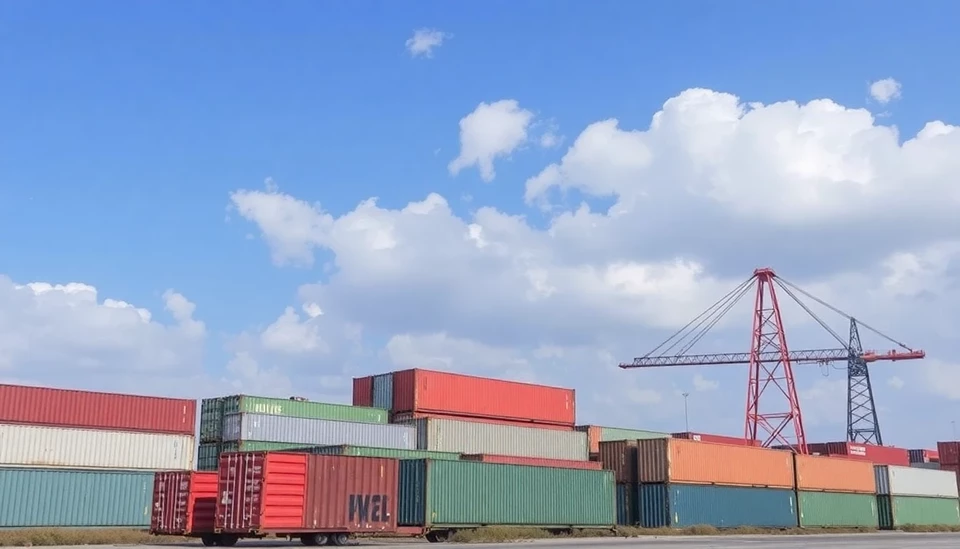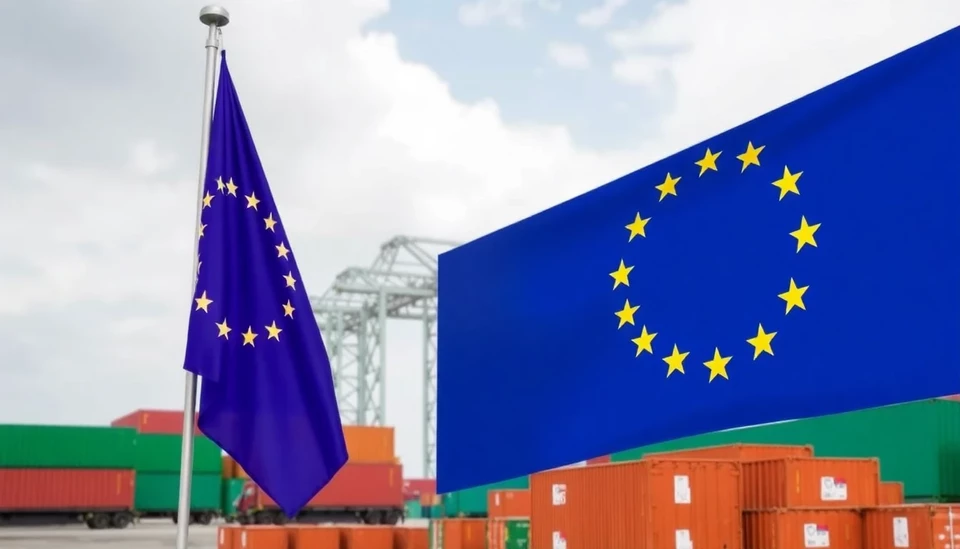
In a rapidly changing economic landscape, experts are signaling a concerning surge in tariff evasion practices as businesses navigate the complexities of international trade and fluctuating markets. As tariffs on various goods continue to be a pivotal aspect of trade policy, many companies are grappling with how to manage these costs effectively while maintaining competitiveness. The prevailing sentiment suggests that as economic uncertainty looms, more businesses may seek ways to circumvent tariffs, potentially leading to widespread compliance challenges.
The economic climate has been tumultuous, with disrupted supply chains, inflationary pressures, and geopolitical tensions further complicating the situation. In response to these challenges, companies are increasingly looking for shortcuts to keep operational costs down. This may involve altering supply routes or even misclassifying products to avoid high tariffs, practices that not only undermine regulatory frameworks but also strain international relations.
Experts predict that the rise in tariff evasion could escalate as governmental agencies struggle to keep pace with the influx of newly designed products and ever-evolving trade practices. As firms adapt to these pressures, the scrutiny from trade authorities may intensify, resulting in an ongoing cat-and-mouse dynamic where the rules are bent rather than followed. Consequently, businesses might find themselves inadvertently increasing their risk of audits and penalties.
Furthermore, the prevailing unpredictability in global trade policies can foster an environment where companies feel justified in pushing boundaries. The fluctuations in trade agreements and the introduction of new tariffs have left many companies uncertain about their obligations and the possible ramifications of non-compliance. As such, the notion of tariff evasion might not only become more common but also more accepted within certain sectors as companies prioritize survival and profitability over compliance.
As this trend begins to take hold, regulatory bodies may need to rethink their strategies and enhance enforcement mechanisms to address the evolving landscape of tariff evasion. This may encompass the development of new technologies and data analytics techniques aimed at uncovering suspicious trade practices and understanding the deeper patterns behind tariff evasion. Coordination among international trade partners will also be essential to deter unlawful activities and promote fair trade principles.
Ultimately, the rise in tariff evasion is not simply about defiance against trade policies; it reflects broader economic uncertainties that challenge the stability and growth of various industries. As we look ahead, stakeholders across sectors must find innovative and ethical solutions to navigate this complex environment while promoting compliance and fair business practices.
#TariffEvasion #InternationalTrade #EconomicUncertainty #TradePolicy #ComplianceChallenges
Author: Daniel Foster
